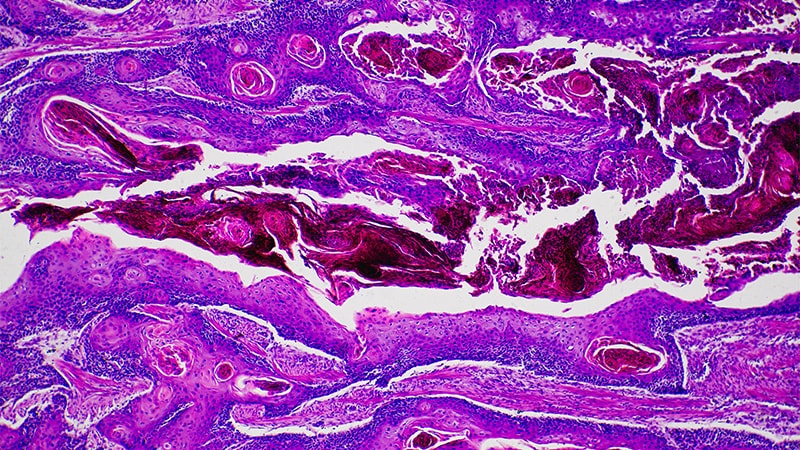Among patients with rheumatoid arthritis (RA), symptoms of depression at the initiation of biologics treatment reduces the odds of achieving good treatment response, new research suggests.
Using data from the British Society for Rheumatology Biologics Register, researchers in London and Manchester identified 18,421 patients with RA receiving biologic treatment. Depressive symptoms were identified through 1 of 3 assessments: reporting a history of depression, the Medical Outcomes Survey 36-item Short Form or the EuroQol five-dimension scale.
Analysis showed that symptoms of depression at biologic treatment initiation were associated with a 20%-40% reduced odds of achieving a good treatment response at 1 year. Depressive symptoms at baseline were also associated with reduced improvement in disease activity over the course of follow-up. Patients with a history of depression or reporting symptoms of depression according to the EuroQol five-dimension scale showed reduced improvement in tender and swollen joints, patient global assessment and erythrocyte sedimentation rate (ESR), but depression symptoms according to the 36-item Short Form showed reduced improvement in tender and swollen joints, but not in ESR or patient global assessment.
Presenting the findings in the journal Rheumatology, the authors recommend that depression should be managed as part of the routine clinical care of patients with RA in order to optimise treatment outcomes.



